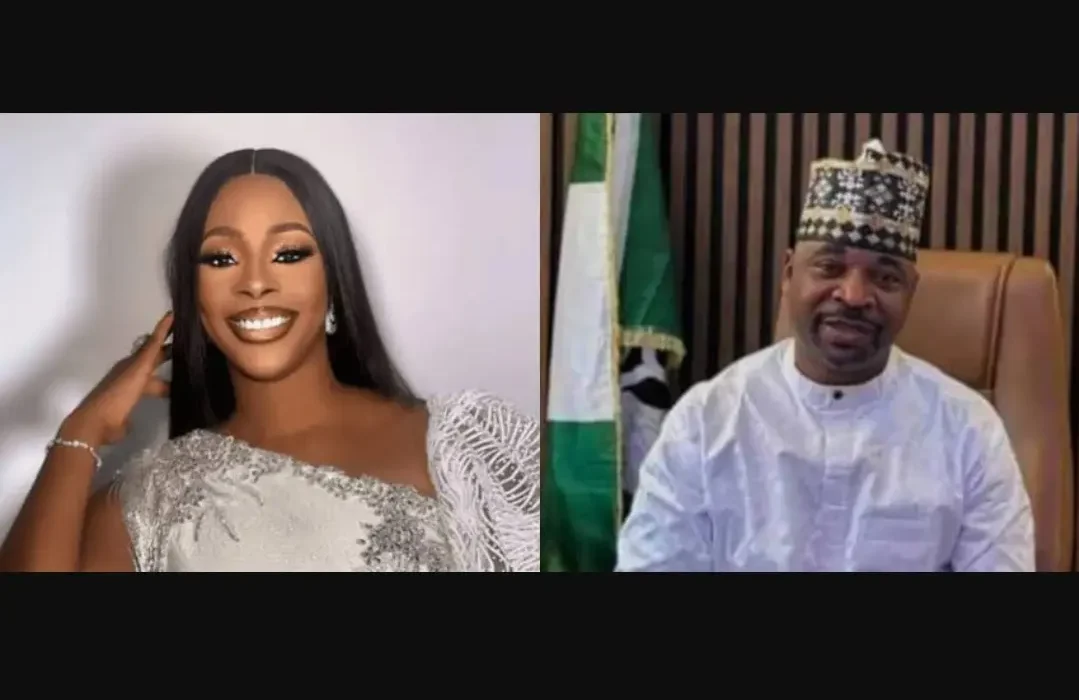Nollywood actress and entrepreneur Aisha Lawal has recently found herself amidst controversy, vehemently refuting allegations that she accepted a Venza car gift from MC Oluomo, the prominent Chairman of the National Union of Road Transport Workers (NURTW). The unfolding drama captured the attention of many, sparking debates and speculations across various media platforms.
Aisha Lawal’s swift response to the rumors highlighted the power of social media in shaping public perception and the importance of clarifying misinformation promptly. In a world where information spreads rapidly, controlling one’s narrative has become a crucial skill, especially for public figures like Lawal.
The incident sheds light on the intricacies of celebrity culture and the challenges faced by individuals in the public eye. Despite the glamour associated with the entertainment industry, stars often find themselves entangled in controversies that can impact their reputation and career trajectory.
As Lawal emphatically stated, “I didn’t collect any car from MC Oluomo,” her words reverberated through the digital sphere, emphasizing the need for clarity amidst swirling rumors.
This episode underscores the delicate balance between personal integrity and public image management. For Lawal, the ordeal served as a reminder of the scrutiny public figures endure and the importance of transparency in addressing false claims.
In the realm of celebrity endorsements and associations, maintaining authenticity is paramount. The public closely monitors the actions of popular figures, scrutinizing their affiliations and partnerships. Any hint of impropriety can lead to swift backlash and tarnish the reputation carefully cultivated over years of hard work.
Lawal’s firm denial not only defended her character but also reinforced the value of maintaining ethical standards in an industry often plagued by controversies.
The saga involving Aisha Lawal and MC Oluomo offers a glimpse into the dynamics of fame, influence, and accountability. It serves as a cautionary tale for both celebrities and their admirers, highlighting the need for critical thinking and discernment in a media landscape saturated with sensationalism.
Looking ahead, this incident prompts reflections on the evolving nature of celebrity culture and the increasing role of social media in shaping narratives. As public figures navigate the complexities of fame in the digital age, transparency, authenticity, and integrity will continue to serve as guiding principles in maintaining public trust.
Ultimately, Aisha Lawal’s resolute denial not only dispelled the false claims but also reinforced the importance of standing firm in the face of adversity, setting a compelling example for aspiring talents in the entertainment industry.

